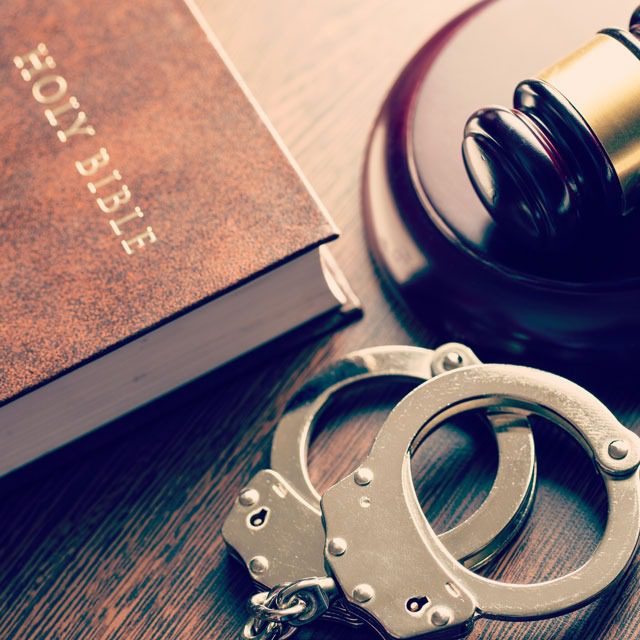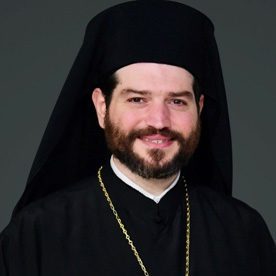Religious Liberty on Trial at Supreme Court

| FOR IMMEDIATE RELEASE March 22, 2016 |
CONTACT: Ryan Hughes Shirley & Banister Public Affairs 703-739-5920/800-536-5920 rhughes@sbpublicaffairs.com |
Zubik v. Burwell a Pivotal Moment in History for Religious Organizations
Washington, D.C. – On March 23, the Supreme Court will hear oral arguments in the Little Sisters of the Poor’s legal challenge to the Obama administration’s so-called religious “accommodation” to its contraceptive mandate. The Sisters are a group of nuns who’ve dedicated themselves to serving the elderly poor. They — along with numerous other religious organizations are challenging their required role in facilitating their employees’ access to free contraceptives, including contraceptives that can function as abortifacients. The stakes of the case extend far beyond access to contraceptives. The Court’s holding could reaffirm America’s historic commitment to religious liberty or restrict its free exercise for decades to come.
“It’s hard to imagine how our country’s understanding of religious freedom and the need for conscience protections has changed in such a short period of time,” said Jeanne Mancini, President of the March for Life Education & Defense Fund. “Back in 2010 after the healthcare law was passed many of us attended meetings and spoke on behalf of women like us – women of strong faith; women who are pro-life; women who speak for themselves. Unfortunately, our voices were ignored and groups like the Christian Colleges, the Little Sisters of the Poor and the March for Life were forced by the government to carry drugs and devices that are against what we believe.”
“Like the Little Sisters and Christian Colleges, the March for Life was ordered to carry drugs and devices that can destroy life in our healthcare insurance – something that goes against the very reason for which we were founded, to protect and defend life from conception,” Ms. Mancini added. “So like the Little Sisters and Christian Colleges, we also sued the federal government because we had no other options. We thankfully won that suit in the lower court, though the government is continuing to fight it on appeal.”
“The case of the Little Sisters and other religious groups highlights something just as egregious as the mandate itself. The government did allow certain religious organizations an exemption. But the exemption did not include the Sisters, Christian colleges, and other groups.”
“The government does not have the right to declare that serving the elderly poor, or educating students from a religious mission, is supposedly not religious enough to count for exemptions granted to other church groups. With this definition, the government tried to define out of the heart of Christianity all of the religious groups like the Little Sisters of the Poor that serve those in need, educate about a culture of life, and share their faith with the world. In the words of one Christian leader, ‘even Jesus himself would not be religious enough to receive this exemption.’”
“It is un-American to be forced to participate in things you object to, regardless of what President Obama believes. This is a pivotal moment in US history.”
But we are not going away and we will not be silenced. We will be here telling the truth about life and about religious liberty. The March for Life in Washington, D.C., began as a small demonstration on January 22, 1974, the first anniversary of the now-infamous Supreme Court decisions in Roe v. Wade and Doe v. Bolton and rapidly grew to be the largest pro-life event in the world. The peaceful demonstration that has followed on this somber anniversary every year since is a witness to the truth concerning the greatest human rights violation of our time, abortion.
Jeanne Mancini, President of the March for Life Education & Defense Fund is available for commentary. For more information, please contact Ryan Hughes at RHughes
###
